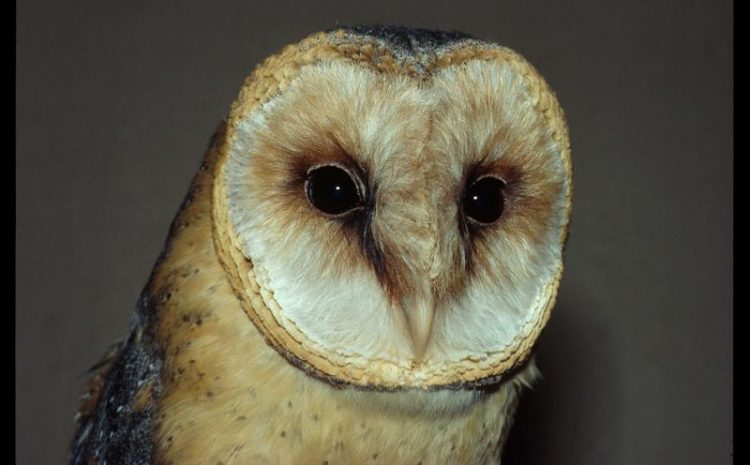Ageless ears? Elderly barn owls do not become hard of hearing

Even elderly barn owls do not become hard of hearing. Group Animal Physiology and Behaviour, Oldenburg University
At the age of about 65, five out of ten people have already lost so much of their hearing sensitivity that speech intelligibility and listening to music may be severely impaired. Such age-related hearing loss is also known from other mammals. Birds, however, have retained the ability to grow new hair cells in the inner ear or to replace hair cells that were lost after damage.
In order to improve the treatment of hearing loss in humans in our ageing society, scientists want to understand the regeneration mechanisms of birds. To date, however, it is poorly known whether this type of regeneration is retained in animals with increasing age and whether birds possess “ageless ears” and can hear well into old age.
Some time ago, the team of Prof. Dr. Georg Klump and Dr. Ulrike Langemann from the Department of Neurosciences showed that a songbird, the European starling, does not suffer from age-related hearing loss. Now the scientists were able to confirm their findings in a study financed by the German Research Foundation (Deutsche Forschungsgemeinschaft).
Using behavioural training with food rewards, the scientists compared the hearing ability of barn owls of different age groups. They found no difference in the hearing sensitivity of very old and of young birds. “The ability to regenerate functional hair cells throughout life is probably a general, robust feature of birds”, concludes Klump.
Due to their facial disk, barn owls have an extremely good sense of hearing. They also can locate sound sources more accurately than any other animal. Both abilities help barn owls to locate and catch their prey – mainly mice. The hair cells in the inner ear of barn owls are particularly specialized. The star of the Oldenburg study is the old barn owl “Weiss”, which has remained with the scientists for 24 years. “In the meantime, she is very unhurried” says scientist Bianca Krumm, who handles the animal every day, “but her hearing is still excellent”.
Publication: Krumm B, Klump G, Köppl C, Langemann U. (2017): Barn owls have ageless ears. Proc. R. Soc. B 20171584.
Media Contact
More Information:
http://www.uni-oldenburg.de/All latest news from the category: Life Sciences and Chemistry
Articles and reports from the Life Sciences and chemistry area deal with applied and basic research into modern biology, chemistry and human medicine.
Valuable information can be found on a range of life sciences fields including bacteriology, biochemistry, bionics, bioinformatics, biophysics, biotechnology, genetics, geobotany, human biology, marine biology, microbiology, molecular biology, cellular biology, zoology, bioinorganic chemistry, microchemistry and environmental chemistry.
Newest articles

Sea slugs inspire highly stretchable biomedical sensor
USC Viterbi School of Engineering researcher Hangbo Zhao presents findings on highly stretchable and customizable microneedles for application in fields including neuroscience, tissue engineering, and wearable bioelectronics. The revolution in…

Twisting and binding matter waves with photons in a cavity
Precisely measuring the energy states of individual atoms has been a historical challenge for physicists due to atomic recoil. When an atom interacts with a photon, the atom “recoils” in…

Nanotubes, nanoparticles, and antibodies detect tiny amounts of fentanyl
New sensor is six orders of magnitude more sensitive than the next best thing. A research team at Pitt led by Alexander Star, a chemistry professor in the Kenneth P. Dietrich…





















